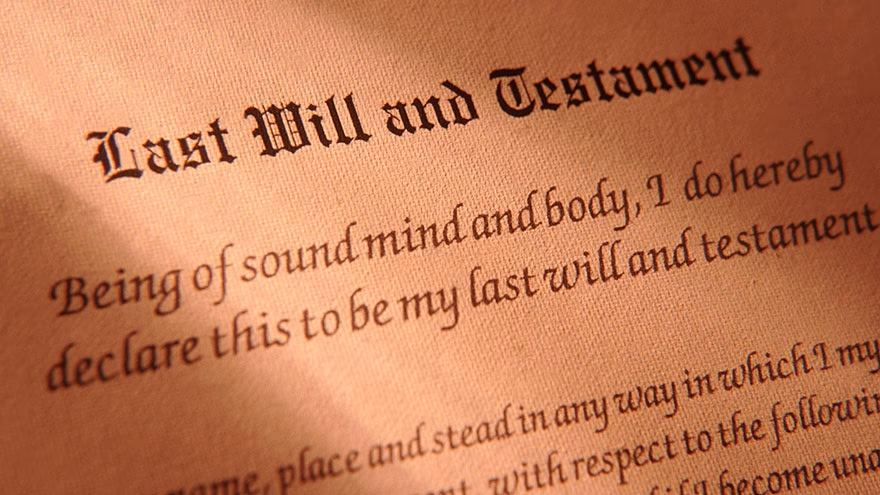A power of attorney can be very limited and specific to a particular situation, or it can be very broad. Unless explicitly stated, a power of attorney will become invalid if the grantor becomes mentally incapacitated.
A power of attorney that's designed to let an agent act for a person in periods of mental incapacitation is called an enduring or durable power of attorney, and is an key part of estate planning.
4 Steps To Write An Enduring Power Of Attorney

1. Make A Plan
The person being granted enduring power of attorney on another's behalf should know before the grantor becomes incapacitated. Before writing a legal document, the parties should discuss the scope of the powers and the wishes of the grantor.It is after all to ensure their wishes are carried out in their mental absence that a grantor would assign durable power of attorney. The person chosen to make sure this happens should be up to the task and might be the same person named as executor in a will or trustee in a trust document.
2. Identify The Parties
When writing the actual document, begin by adequately identifying the people involved. At the very minimum, include their names and addresses.If the attorney-in-fact is a corporation or law firm, it might be helpful to include the firm's state or federal tax identification number. If the agent is a legal professional, the address of her office is usually used.
3. State The Jurisdiction
Though a statement of jurisdiction is not absolutely binding, it is important to set forth the intention of the parties as to which laws will govern the agreement. In almost all cases, this will be the state of legal residence of the grantor.
4. List The Powers And Restrictions
An enduring power of attorney is not carte blanche for the agent, unless that is the intent of the grantor. The second part of a power of attorney document will list as completely as possible the specific powers being assigned to the agent and the situations in which they are authorized to act.The powers can be very narrowly written as to give the attorney-in-fact very little power at all other than as a designated party to formally authorize the established wishes of the grantor. At the same time, the language can also be written broadly enough so the hands of the agent are not bound in the case of unforseen circumstances.
Tips and Warnings
- Being name attorney-in-fact by an enduring power of attorney does not make one a lawyer, it simply allows you to make decisions as if you were the other person while they are living but incapacitated by illness or injury.
- This power usually relates to medical decisions such as life support or dangerous surgeries.
Save for later
Found this helpful?
Pin this article to your Pinterest board and come back to it whenever you need a reminder.
Save to Pinterest


